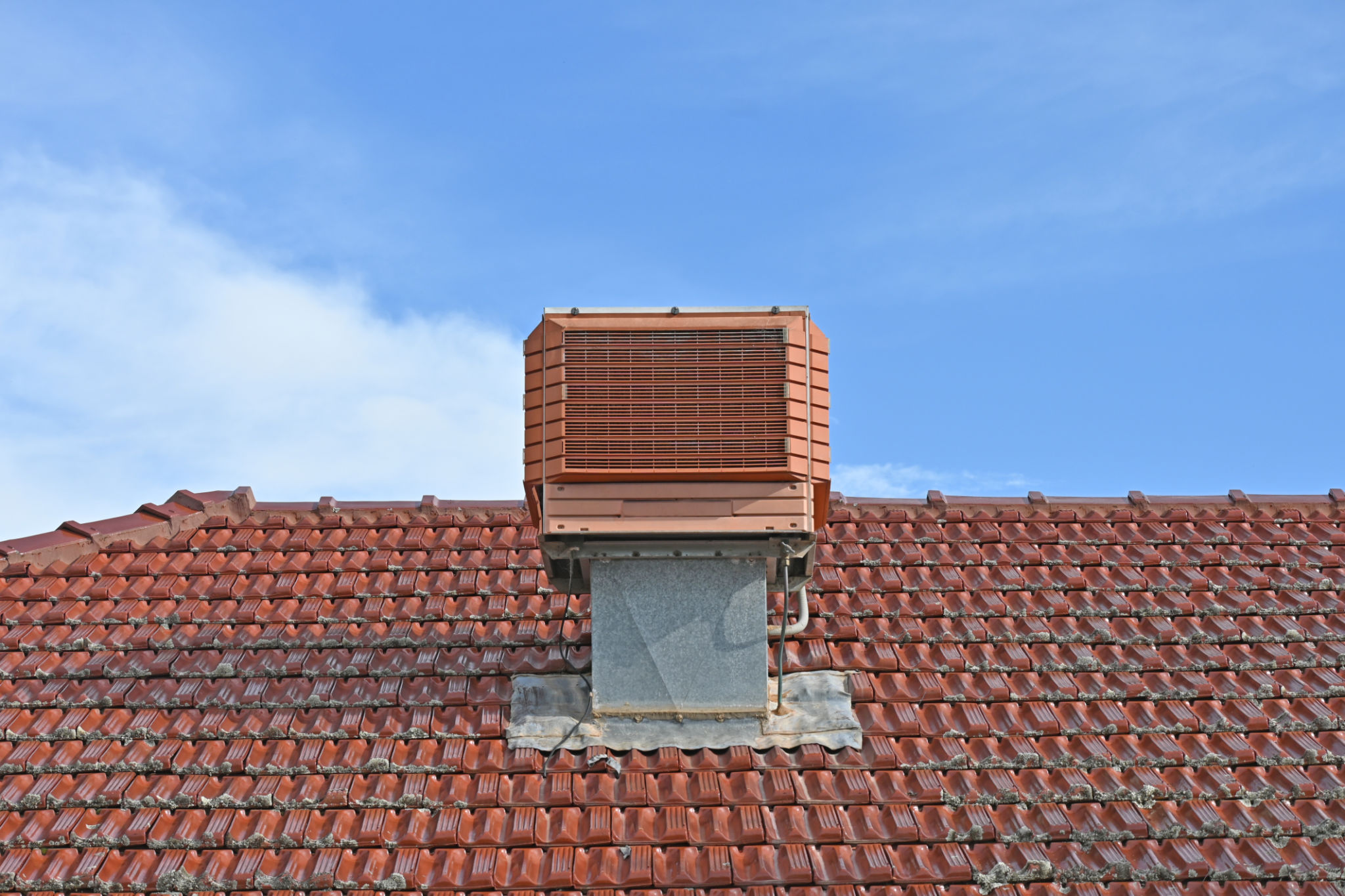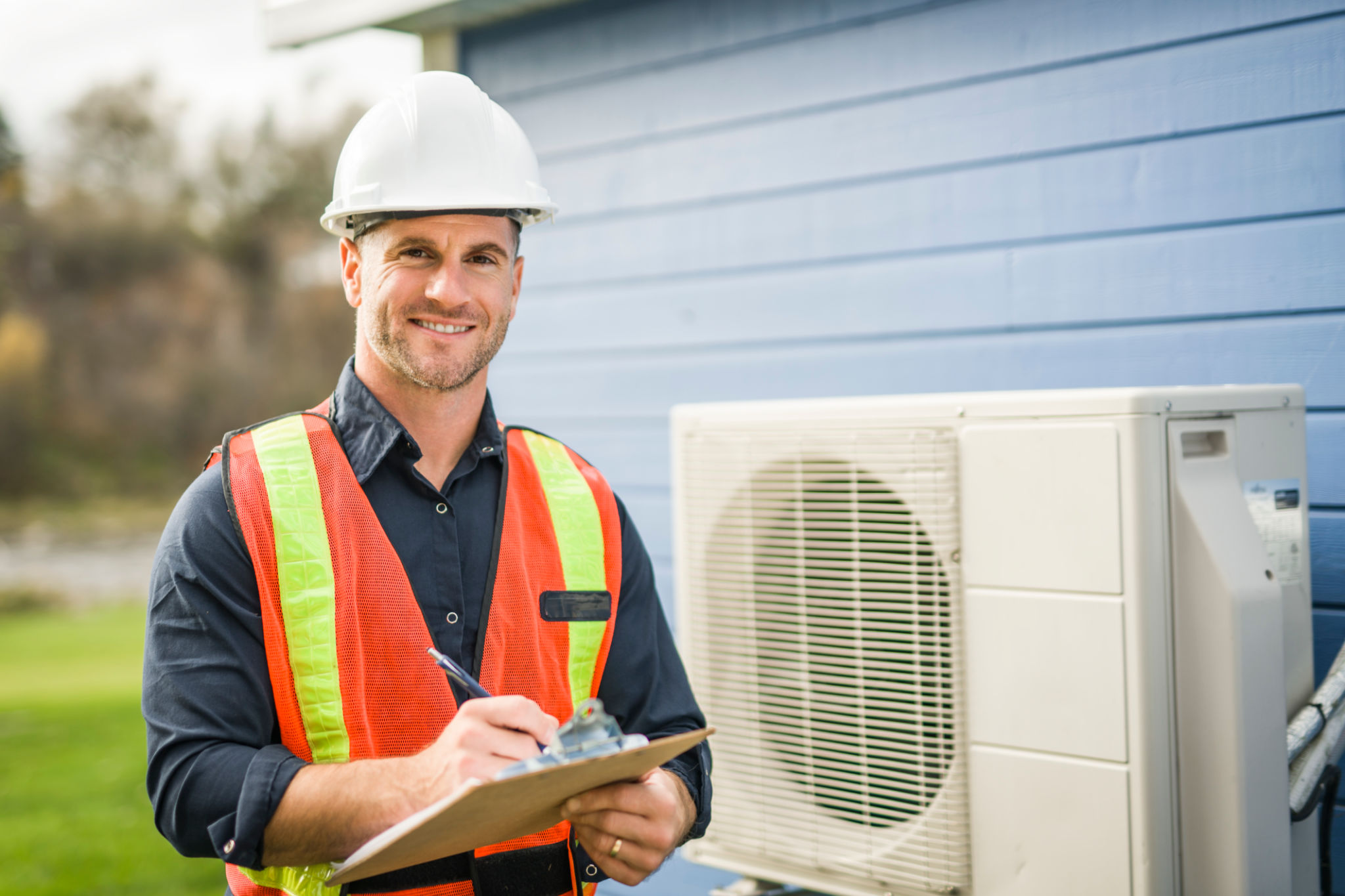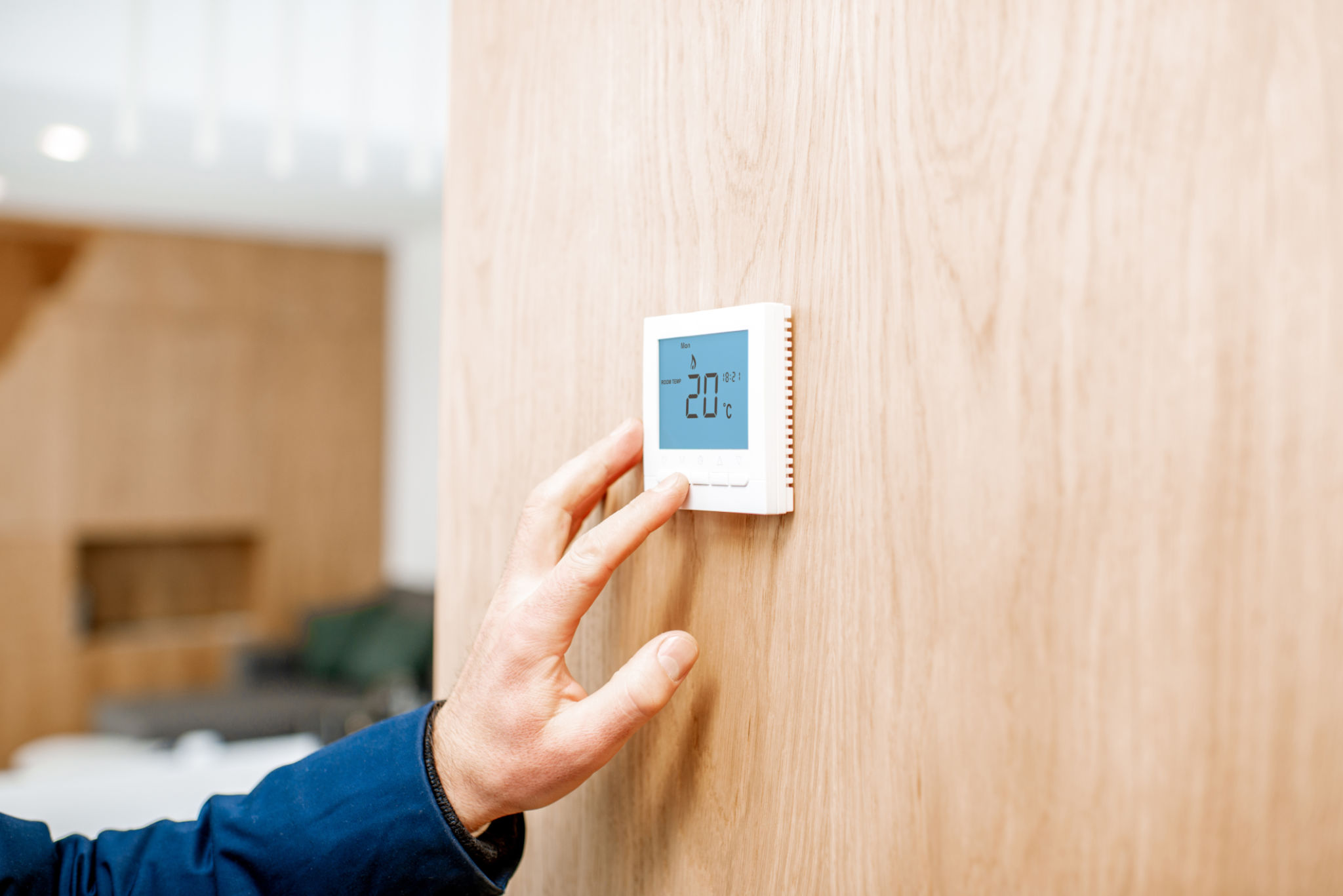Evaporative Cooling vs. Air Conditioning: Which is Better for Your Gawler Home?
Introduction to Cooling Options
When it comes to keeping your Gawler home comfortable during the hot summer months, choosing the right cooling system is essential. Two popular options are evaporative cooling and air conditioning. Both have their advantages and drawbacks, and the best choice depends on your specific needs and circumstances. In this blog post, we'll explore the differences between these two cooling methods to help you make an informed decision.

Understanding Evaporative Cooling
Evaporative cooling, also known as swamp cooling, is a process that uses water evaporation to lower air temperature. This method is particularly effective in dry climates, making it a popular choice for Gawler residents. The system works by drawing warm air through water-soaked pads, which cools and humidifies the air before circulating it throughout the home.
Pros of Evaporative Cooling
- Energy Efficiency: Evaporative coolers use significantly less electricity than traditional air conditioners, leading to lower energy bills.
- Environmentally Friendly: Since they rely on a natural cooling process, these systems have a smaller carbon footprint.
- Improved Air Quality: The added humidity can be beneficial in dry climates, preventing issues like dry skin and respiratory problems.
Cons of Evaporative Cooling
- Limited Effectiveness in Humid Conditions: Evaporative cooling is less effective in areas with high humidity, as the air cannot hold additional moisture.
- Maintenance Requirements: Regular maintenance is necessary to prevent mold and mildew growth in the water pads.

Exploring Air Conditioning
Air conditioning systems work by removing heat and humidity from indoor air, making them versatile for various climates. They operate by circulating refrigerant through a series of coils, absorbing heat from inside the home and releasing it outside. This method provides consistent and reliable cooling, even during the hottest days.
Pros of Air Conditioning
- Effective in All Climates: Unlike evaporative coolers, air conditioners perform well in both dry and humid environments.
- Precise Temperature Control: Most systems allow you to set specific temperatures, providing greater comfort and convenience.
- Improved Indoor Air Quality: Air conditioners often include filters that trap dust, pollen, and other allergens.
Cons of Air Conditioning
- Higher Energy Consumption: These systems typically use more electricity, which can lead to increased utility bills.
- Environmental Impact: Air conditioners rely on refrigerants that can contribute to greenhouse gas emissions if not properly managed.

Making the Right Choice for Your Home
Your decision between evaporative cooling and air conditioning should be based on several factors. Consider the local climate, your budget, environmental concerns, and personal comfort preferences. In Gawler's predominantly dry climate, evaporative cooling might be more cost-effective and environmentally friendly. However, if you require year-round comfort or have specific cooling needs, an air conditioning system may be worth the investment.
Ultimately, both systems have their place in modern homes. Evaluating your priorities and consulting with a local HVAC professional can guide you towards the best solution for your cooling needs.
